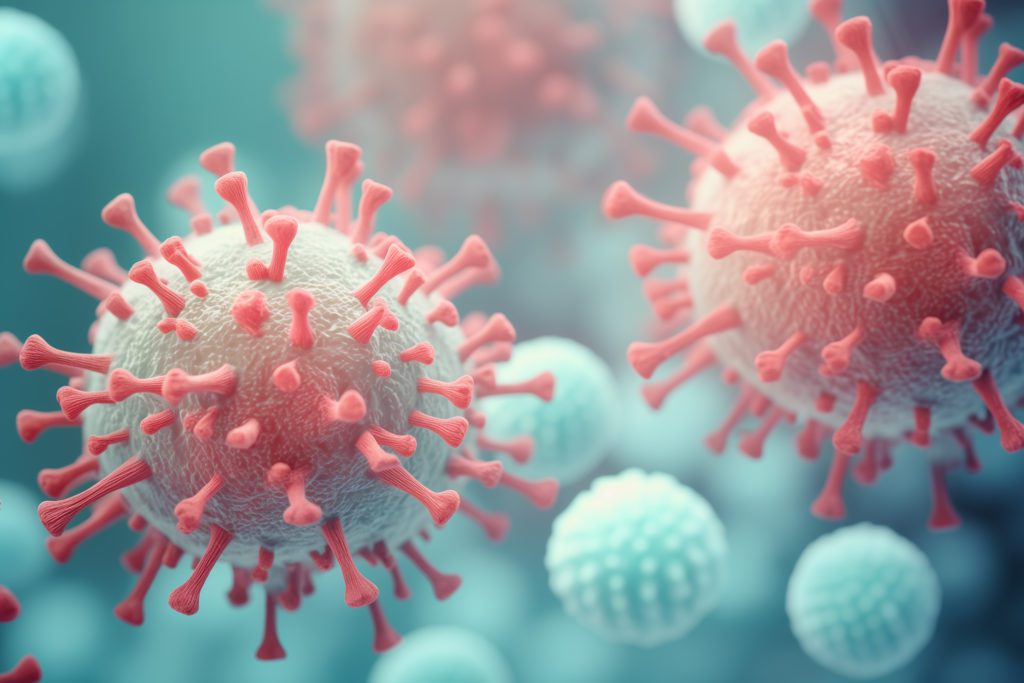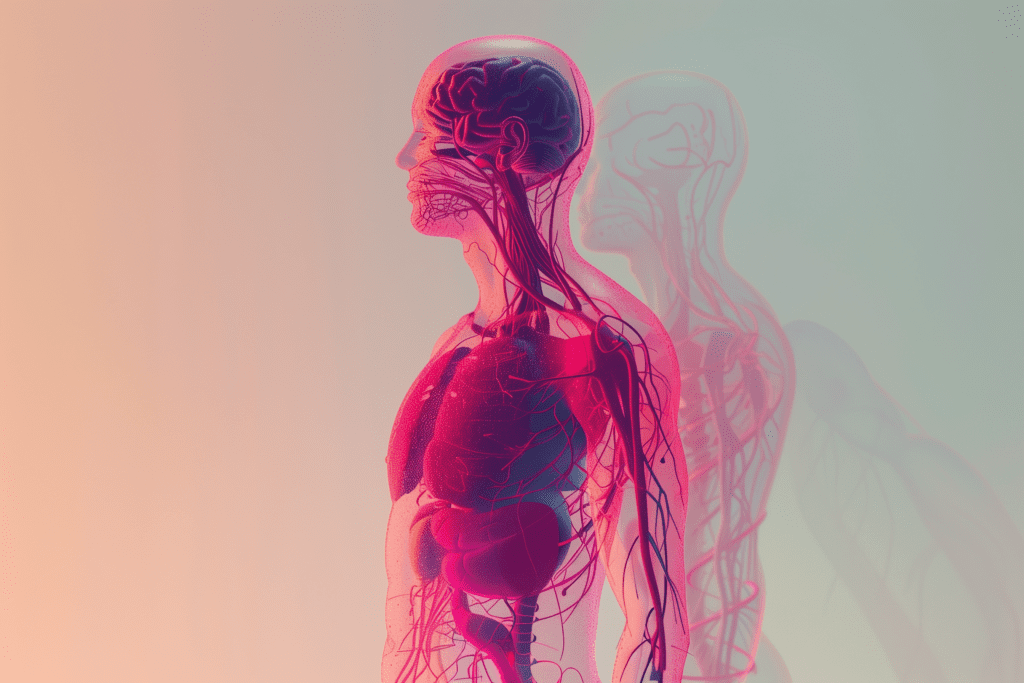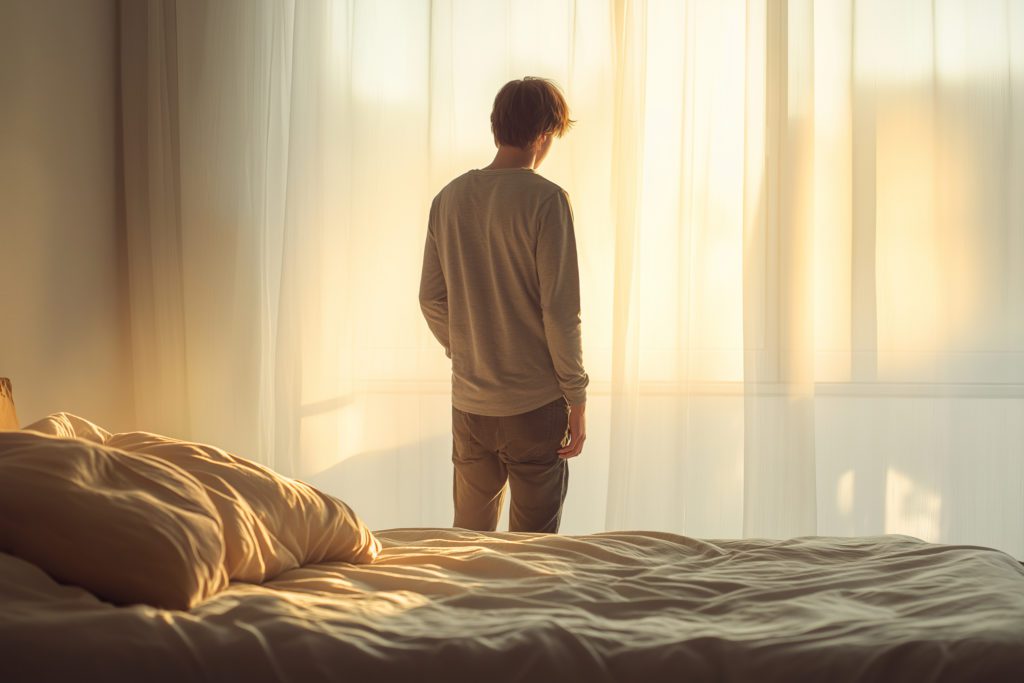
What Are Some Rare Sleep Disorders?
Rare sleep disorders can disrupt life. Learn about unique conditions, their symptoms, and how early diagnosis leads to better outcomes.

Sleep is a universal human experience, yet it remains a mystery in many ways. Most of us are familiar with the occasional restless night or have heard about common conditions like insomnia or sleep apnea. But did you know there are numerous rare sleep disorders? Yes, these disorders, while uncommon, can significantly impact a person’s life—leaving them confused, frustrated, and searching for answers.
In this article, we’ll discuss some of these fascinating yet challenging conditions, uncovering their symptoms, causes, and potential treatments. Sleep might seem like a natural, restful state, but as you’ll see, it can be anything but restful for some people.
Why Understanding Rare Sleep Disorders is Important?
Sleep is the cornerstone of good health, yet rare sleep disorders often slip under the radar, misdiagnosed or misunderstood. Why should we care about these unusual conditions?
For one, they remind us that sleep is incredibly complex, involving intricate interactions between our brains, hormones, and environments. When something goes wrong in this delicate system, the effects can ripple through every part of life, from physical health to mental well-being.
What's more? Delayed recognition of sleep disorders can lead to poor outcomes, both medically and emotionally. A 2008 study in Dialogues in Clinical Neuroscience found that undiagnosed sleep disorders significantly increased the risk of anxiety and depression.
Rare Sleep Disorders and Their Symptoms
Exploding Head Syndrome (EHS)
Exploding Head Syndrome involves hearing a sudden, loud noise—like a gunshot or an explosion—just as the person is falling asleep or waking up. Despite its name, no actual explosion occurs. However, the fear and confusion it causes can disrupt sleep and make people reluctant to go to bed.
While the exact cause of EHS remains a mystery, researchers believe it may stem from sudden nerve misfires in the brainstem during transitions between sleep stages.
A 2019 clinical trial found that this condition is more common than once thought, affecting up to 10% of the population. Thankfully, it's usually harmless, and reassurance from a sleep specialist is often all that's needed. For severe cases, stress management and lifestyle adjustments, like avoiding caffeine before bed, can help.
Kleine-Levin Syndrome (KLS)
Kleine-Levin Syndrome is a rare neurological disorder characterized by recurrent episodes of excessive sleepiness, with individuals sleeping up to 20 hours a day. During these episodes, sufferers may also exhibit unusual behaviors like eating excessively or acting childishly, as though they're in a dreamlike state.
KLS primarily affects adolescents, though adults can experience it too. The cause remains unclear, but some researchers suspect it may be linked to abnormalities in the hypothalamus, the brain region responsible for regulating sleep and hunger.
While there's no specific cure, treatment often focuses on managing symptoms. For instance, stimulants may help combat excessive sleepiness, though they don't prevent episodes.
Non-24-Hour Sleep-Wake Disorder
This disorder disrupts the body’s internal clock, placing it on a misaligned schedule. This condition often affects completely blind individuals, causing their circadian rhythm to become misaligned with the 24-hour day. As a result, their sleep and wake times shift progressively, making it difficult to maintain a routine.
Complete blindness affects only 0.62% of the global population, and of these, approximately 70% experience symptoms of Non-24, equating to just 0.43% of the population worldwide. Cases among sighted individuals are even rarer, with only a few documented, typically in those living in environments completely devoid of natural light, such as bunkers.
Symptoms include chronic insomnia, excessive daytime sleepiness, and difficulty functioning during social or work hours. Treatment often involves the use of melatonin supplements or prescription medications like tasimelteon, which help regulate sleep patterns.
Fatal Familial Insomnia (FFI)
Fatal Familial Insomnia (FFI) is an ultra-rare genetic condition that doesn't just disrupt sleep—it ultimately makes it impossible. As the disorder progresses, individuals lose the ability to sleep entirely, leading to hallucinations, dementia-like symptoms, and, eventually, death.
FFI is caused by a mutation in the PRNP gene. This mutation affects the production of prion proteins, leading to brain damage over time. According to research data, the disease is extremely rare, affecting about 1 in 1 million people worldwide.
Currently, there's no cure or definitive treatment for FFI. Clinical trials exploring prion-inhibiting therapies offer some hope, but the focus remains on palliative care to manage symptoms.
Diagnosis and Treatment of Rare Sleep Disorders
When it comes to rare sleep disorders, the first challenge is often recognition. Many of these conditions are so unusual that even medical professionals may misdiagnose them or dismiss symptoms altogether.
That's why consulting a sleep specialist is crucial. Specialists use tools like polysomnography (a detailed sleep study) and actigraphy (a wrist-worn device that tracks sleep patterns) to uncover what's really going on.
For disorders like Non-24-Hour Sleep-Wake Disorder, genetic testing can confirm a diagnosis, especially in individuals who are blind. Meanwhile, conditions like Fatal Familial Insomnia require advanced imaging techniques, such as MRIs, to detect brain abnormalities.
Treatment options vary widely depending on the disorder. Behavioral therapies, like cognitive-behavioral therapy for insomnia (CBT-I), can be effective for conditions with a psychological component. Medications, such as melatonin or dopamine agonists, are often prescribed to manage symptoms. For genetic disorders like FFI, research is still exploring potential treatments.
One thing is clear: early diagnosis and intervention make a world of difference. With advances in sleep science, what once seemed like unsolvable mysteries are becoming more manageable.
The Bottom Line
Rare sleep disorders remind us that sleep is far from a simple "lights out" process. These fascinating yet challenging conditions—whether it's the boom of Exploding Head Syndrome, the surreal episodes of Kleine-Levin Syndrome, or the tragic Fatal Familial Insomnia—highlight just how intricate and essential sleep is to our health.
If you or someone you know is grappling with strange and disruptive sleep symptoms, don't hesitate to seek help. Early diagnosis and proper management can make a significant difference, even for the rarest of conditions. And remember, while these disorders may sound daunting, awareness and research are paving the way for better understanding and treatments.

Written by
Dr Aqsa
As a Medical Doctor, Dr Aqsa, uses her knowledge to craft complex medical information that is understandable to the general public. For years, she has tried to improve health literacy and empower readers with valuable health knowledge through her articles, blog posts, and educational materials.
Download Pillow
Get help
Press & News
Legal
Connect
X (Twitter)
Company
Copyright © Neybox Digital Ltd.



